
Devolved parliamentary registers of interest now on TheyWorkForYou
New pages and downloads for parliamentary registers of interest, and UK gov ministerial gifts and hospitality

New pages and downloads for parliamentary registers of interest, and UK gov ministerial gifts and hospitality

Upcoming work around registers of interest, votes, and political monitoring.
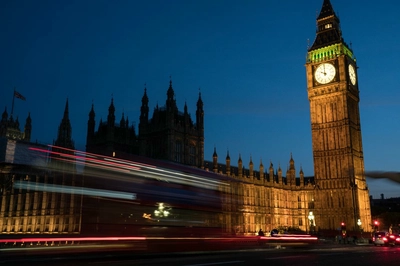
What's we've added in this round, and our plans for a new voting platform.
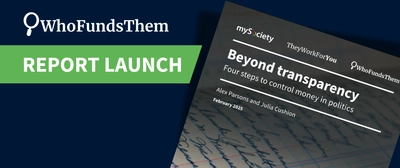
A few extra answers about this project, our future work, and prospects for reform.

What we've been doing to improve information about MPs financial interests and APPGs.
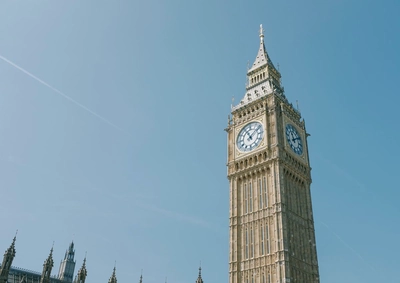
Parliament has accumulated some jargon over the centuries, let's have a clean out.
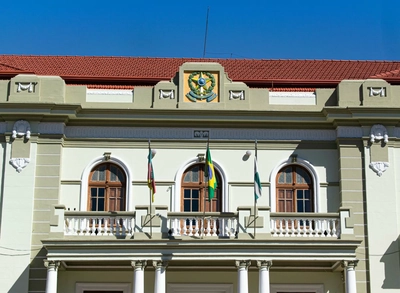
How pro-democratic technology is applied at the local and municipal level.

Dare to dream of a world where you can complain to the ombudsman without complaining to your MP first.

How we can unblock conflicts and create a better Parliament for everyone.

Do you have a million pounds and want to make democracy in the UK better?

The new House of Commons Modernisation Committee has made a call for submissions to reform House of Commons procedures, standards and working practices. We’re going to make a submission to the Committee, focused around a set of practical fixes. But there are also bigger issues that will take long

There is no higher virtue than making lists of things and assigning unique identifiers.

Technology for realising and defending democratic values.

We found a problem, Speaker's office doing a review, another win for noticing things.
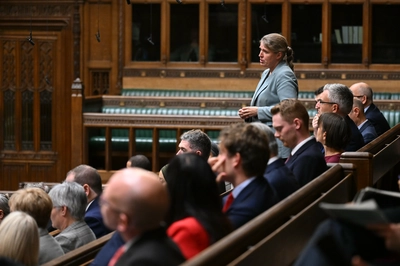
How MPs talk (and don't talk) about conflicts of interest in debates

Ok, doing these regularly fell apart at *about* when the election happened - but let’s get back on track! WhoFundsThem On the WhoFundsThem work, last week we inducted the 50 volunteers who are going to answer 32 questions for 650 MPs. We’re using the crowdsourcing software we developed for the Cou

What we've learned ahead of starting our WhoFundsThem volunteer project.

Parliament has released better data about MPs financial interests - we've made it easier to explore.

We’re making our internal AI Framework public as a way of being transparent about the kind of questions we’re asking ourselves about using AI in mySociety's tools and services.xa0

What happens now, and tools to understand the new Parliamentary geography

We shouldn't have several different tallies for the same vote.

Updating how we make decisions and display our voting summaries.

Available to buy wherever you buy monthnotes (don't buy them, they're free on the internet)

More information on the House of Commons votes, and lack of voting record, on a ceasefire in Gaza.
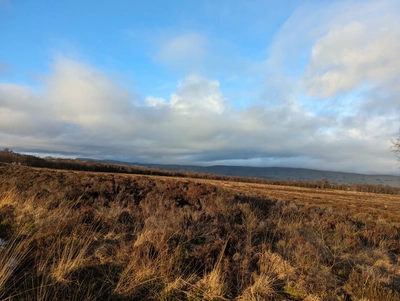
What we've done in 2024-01.

Tl;dr: We’re now releasing our register of interests data as a spreadsheet.
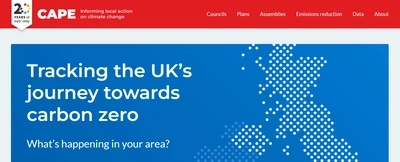
CAPE is our data-packed website that makes it easier for everyone to track and improve local action on climate change, built in collaboration with Climate Emergency UK. When CAPE launched, it was basically a list of councils' climate action plans — but we've continued to make regular improvement

How we support other crowdsourcing projects, and think about crowdsouring in our core work.
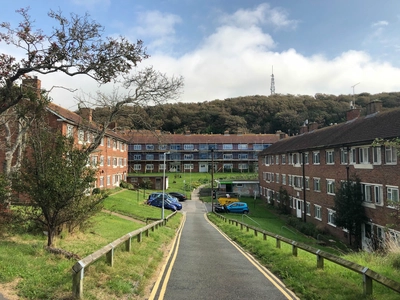
A story in this week's Financial Times [paywalled] has brought the EPC ratings of council-owned properties into the public conversation. This story was based on data obtained through FOI requests as part of the Council Climate Action Scorecards project, which we've been working on in partnership wit
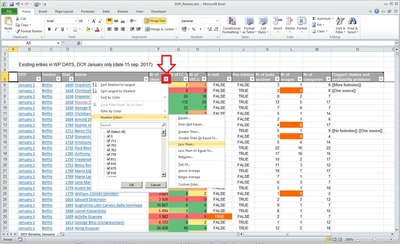
Our summary and response.

New constituency data, and how we should steer the process of boundary reform towards making our politics easier to navigate.

Changes to how MPs vote can improve both transparency and the parliamentary working culture.

Using new techniques to identify common features and help search documents.

Connecting our thinking on democracy and climate.

How does the way the site is used suggest it should change?

TheyWorkForYou is lowering the bar for small, often underfunded organisations to engage with Parliament.

A new series from mySociety

We're looking for a researcher to improve our understanding of Environmental Information Requests.

Read the new mySociety/Centre for Public Data report about improving government data publishing.

Read our draft response, give us feedback, or submit your own views to the ICO.

Freedom of Information has been used by millions of people - we want support and advocate for you.

More details on our FOI polling, and how it compares with other polling and estimates of FOI use.

Updating our deprivation and rural-urban datasets to cover more kinds of geographies.

Looking for experiences and frustrations of running into fragmented public data: and views on solutions.

Templates! Automated testing! Exploring the data in your browser! And much more.

We have a load of climate and local government data waiting to be used - and if you're not sure how to, we can help!
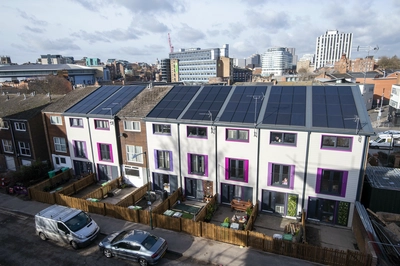
The goal of mySociety’s Climate programme is to reduce the carbon emissions that are either directly controlled or influenced by local government in the UK.xa0 From 5-8 July, we will run a prototyping week to understand what mySociety could bring to the problem of improving energy efficiency in the

Learning from different approaches across Europe

An ambitious and welcome vision for FOI in government, but big changes are needed to see it happen.
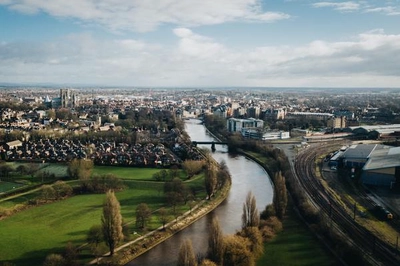
What we learned about the public's understanding of local government.

Dividing local government services into service delivery, regulation, and place making.

ARIA's exclusion from FOI is part of a broader attack on government transparency.

Welcoming Tom Sasse to the project.

Our polling finds support for making voting instructions public, but also that MPs are seen as responsible for their own votes.

What if, instead of one way of comparing local authorities, you had... five?

mySociety is looking for an individual, organisation or joint team to research public understanding of what local government does, and especially its role in combating climate change, primarily through conducting a literature review, to be completed by the end of March 2022.

A report about how to commission people to write reports.

Help us design a good approach to research commissioning

Focusing on the effects on FOI of proposed changes.

mySociety's evidence to the 2021 PACAC inquiry into the Clearing House
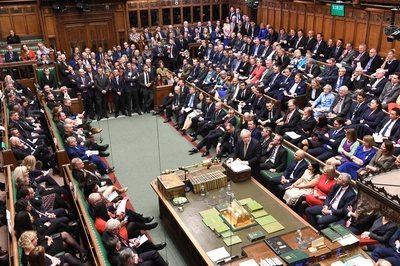
Party comparisons are displayed in more places and calculated in an improved way.

What are users of TheyWorkForYou alerts interested in?
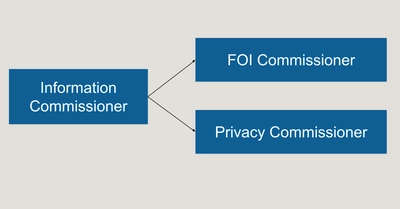
FOI is in trouble, and needs its own defender.

Work-in-progress: Using BEIS emissions data to identify similar councils, and put them into clusters.

Explore FOI statistics for UK central government and Scotland.

How do appeals to ICO and OSIC vary in outcome and time taken?

Appealing to the Court of Accountants.

Understanding what makes Environmental Information special in Freedom of Information and the (minor) differences in how this is interpreted in Scotland.
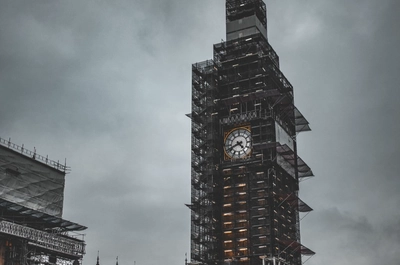
Improvements to strengthen access to information in the UK
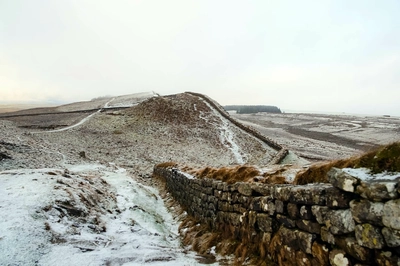
How we combine national datasets to analyse UK-wide services.

Councillor attitudes towards citizen engagement

For some categories of reports, including a photo makes it more likely an issue will be resolved.

How we're approaching official and user collected data.

What is Beneficial Ownership? How can the data be used?

Looking at the different demographics of use of civic tech services.

Different uses of civic tech sites have different demographic profiles, allowing multiple interpretations of their impact.

mySociety/Public Square report about the current usage of digital tools for democratic participation.

A small number of people are often responsible for most of the data - but is this good or bad?

mySociety report exploring WhatDoTheyKnow statistics for central government

mySociety report exploring how digital tools can contribute to a Citizens Assembly.
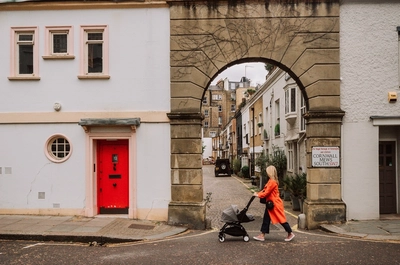
mySociety paper replicating finding of gender differences in categories of reports to FixMyStreet.

mySociety paper exploring the scale and administration of FOI requests to local government.

University of Stirling, the University of Sheffield and mySociety collaboration looking into the spatial patterns of reporting on FixMyStreetthe

LSE blog post exploring if the gender of a representative affects how likely men and women are to write to them.

mySociety blog and minisite exploring the role of party in the gender balance in Parliaments around the world

Democratic Audit blog post detailing how features of the electoral system affects responsiveness to constituents.

Parliamentary Affairs, Volume 72, Issue 3, July 2019.

mySociety paper looking at current patterns of reporting of dog fouling to local authorities, and the history of this as a social problem.